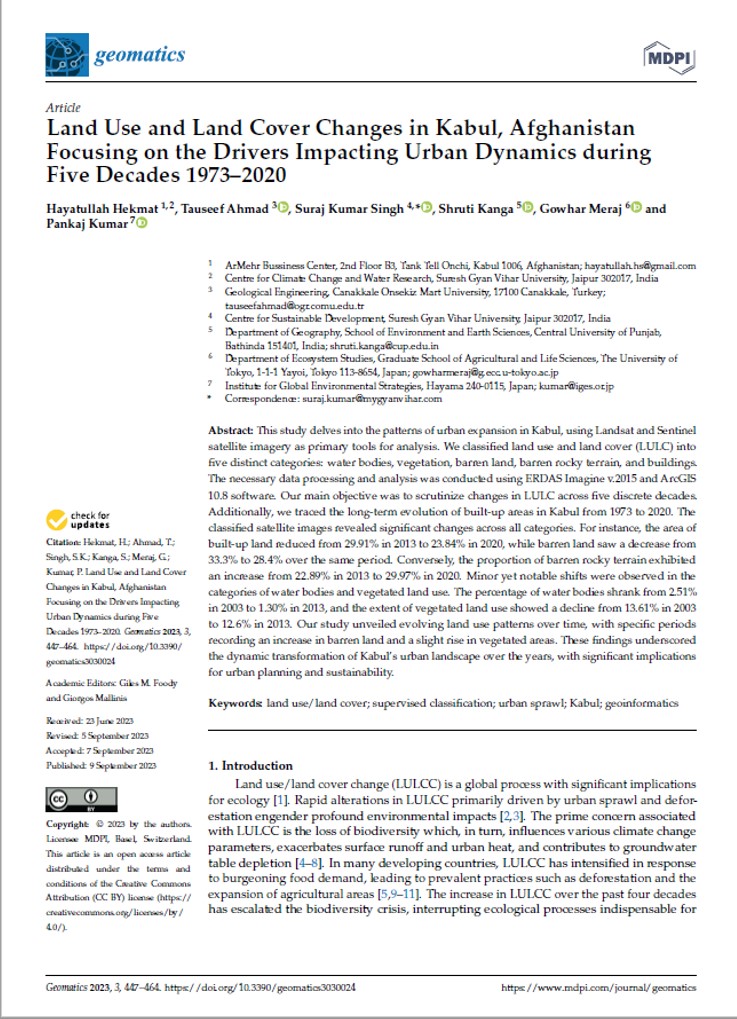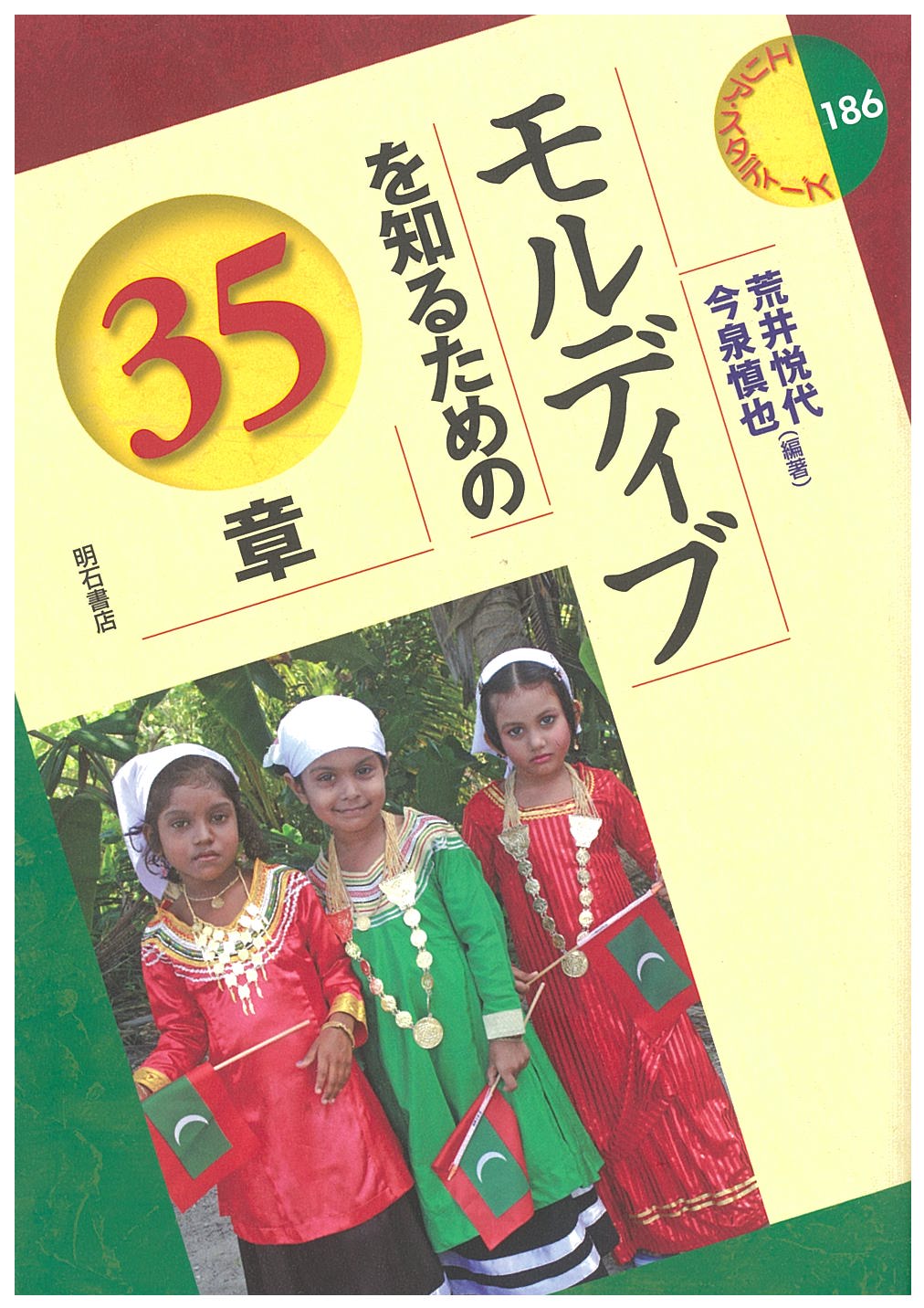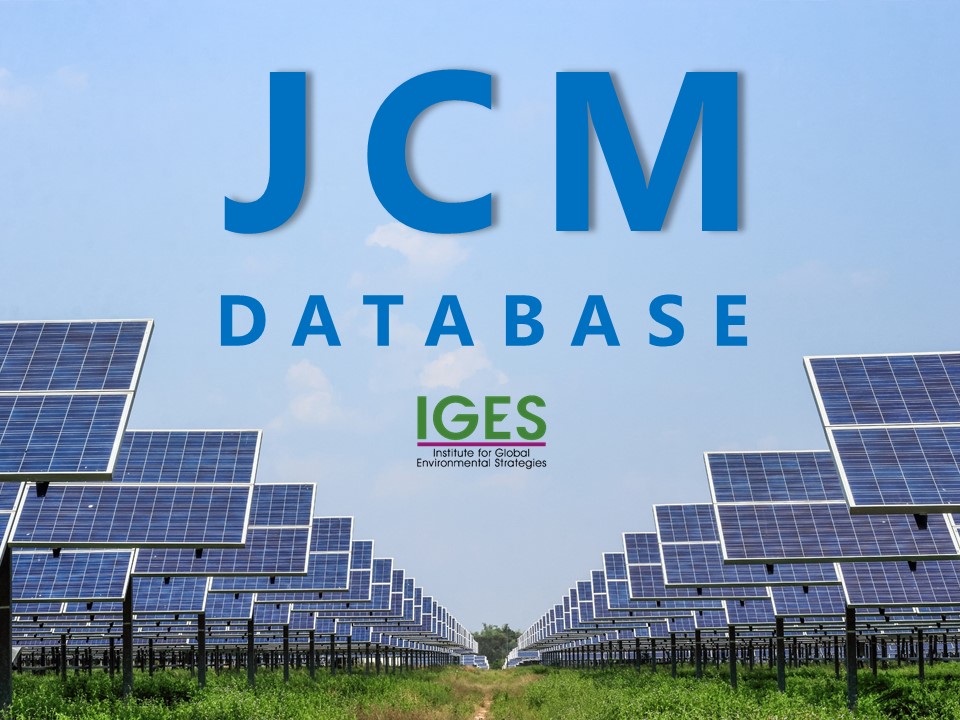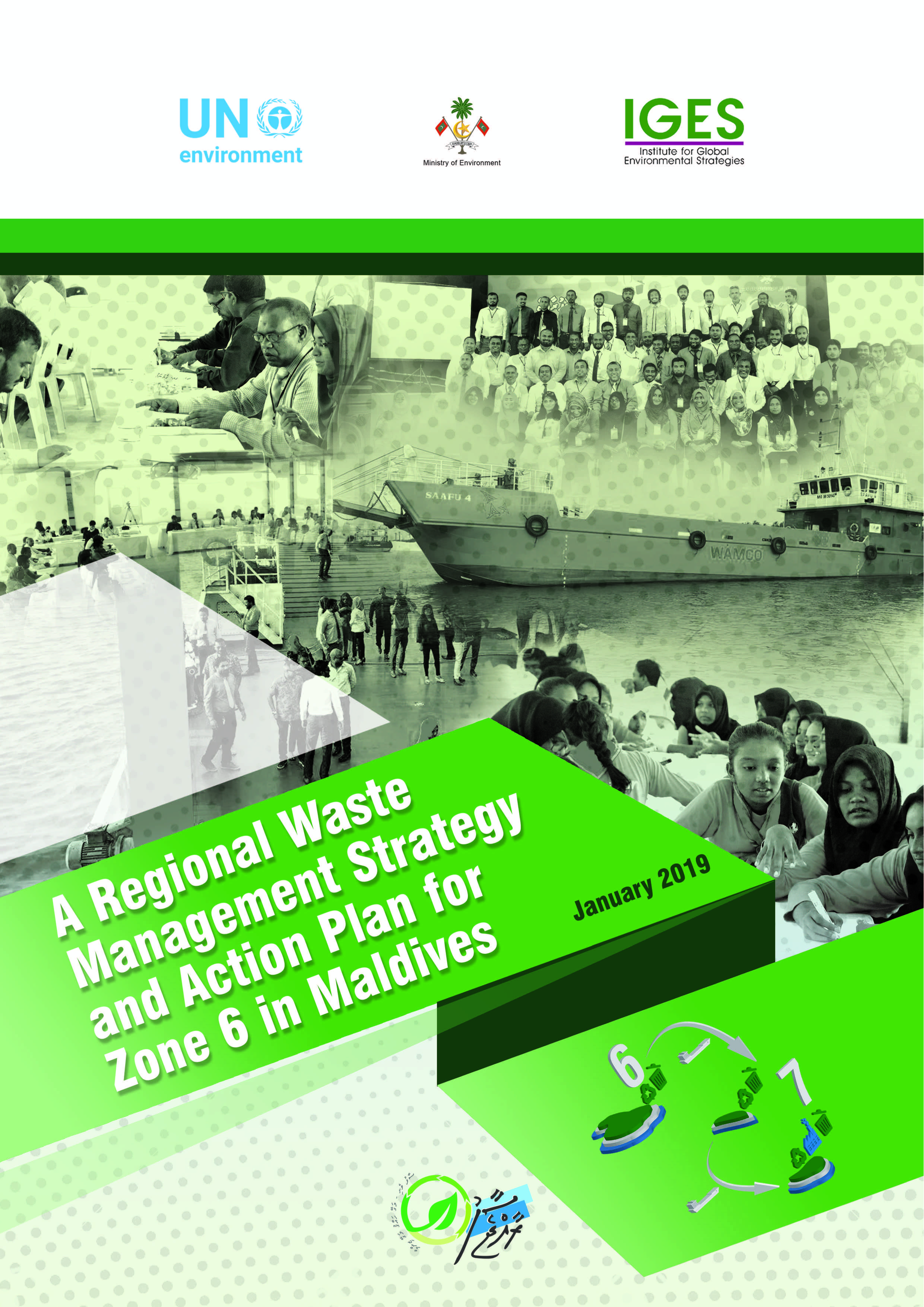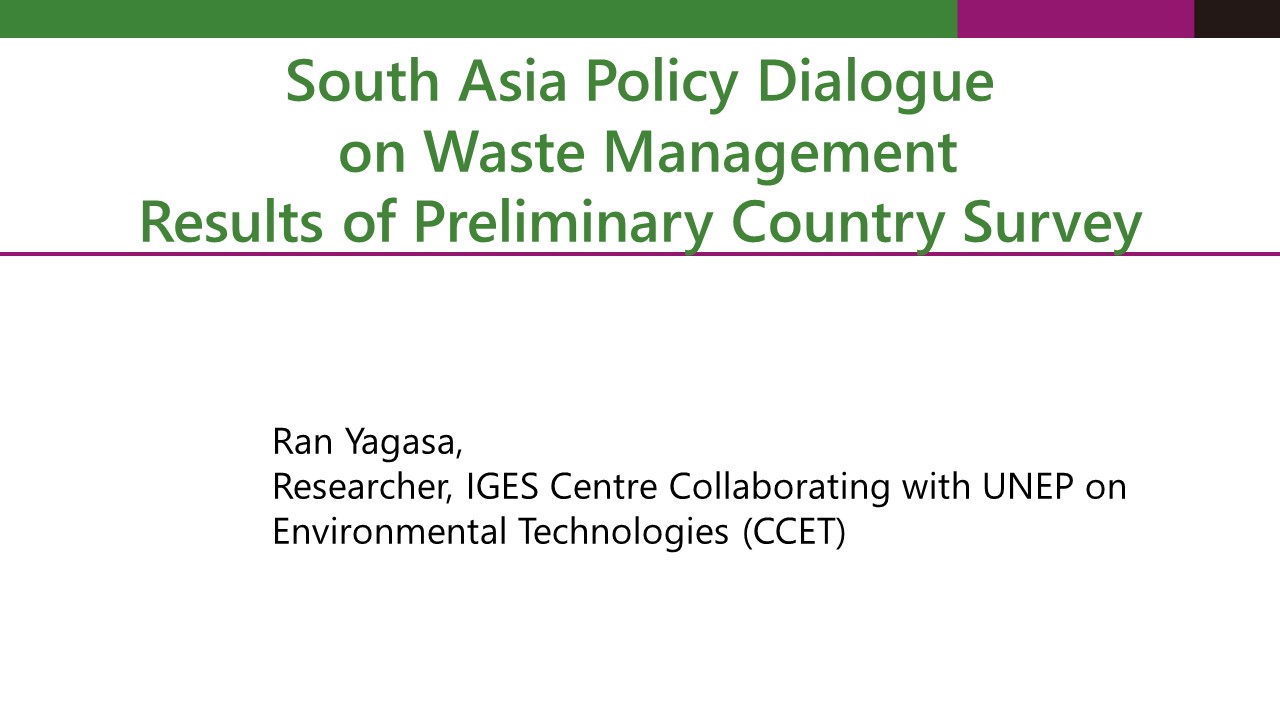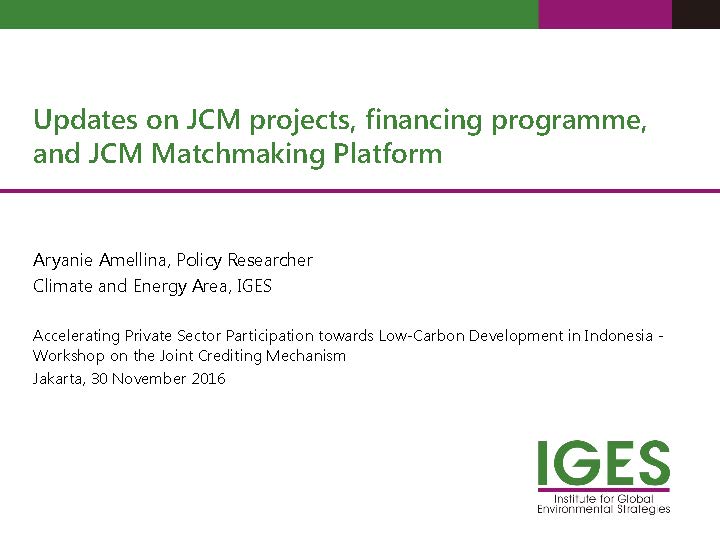In Geomatics
This study delves into the patterns of urban expansion in Kabul, using Landsat and Sentinel satellite imagery as primary tools for analysis. We classified land use and land cover (LULC) into five distinct categories: water bodies, vegetation, barren land, barren rocky terrain, and buildings. The necessary data processing and analysis was conducted...

